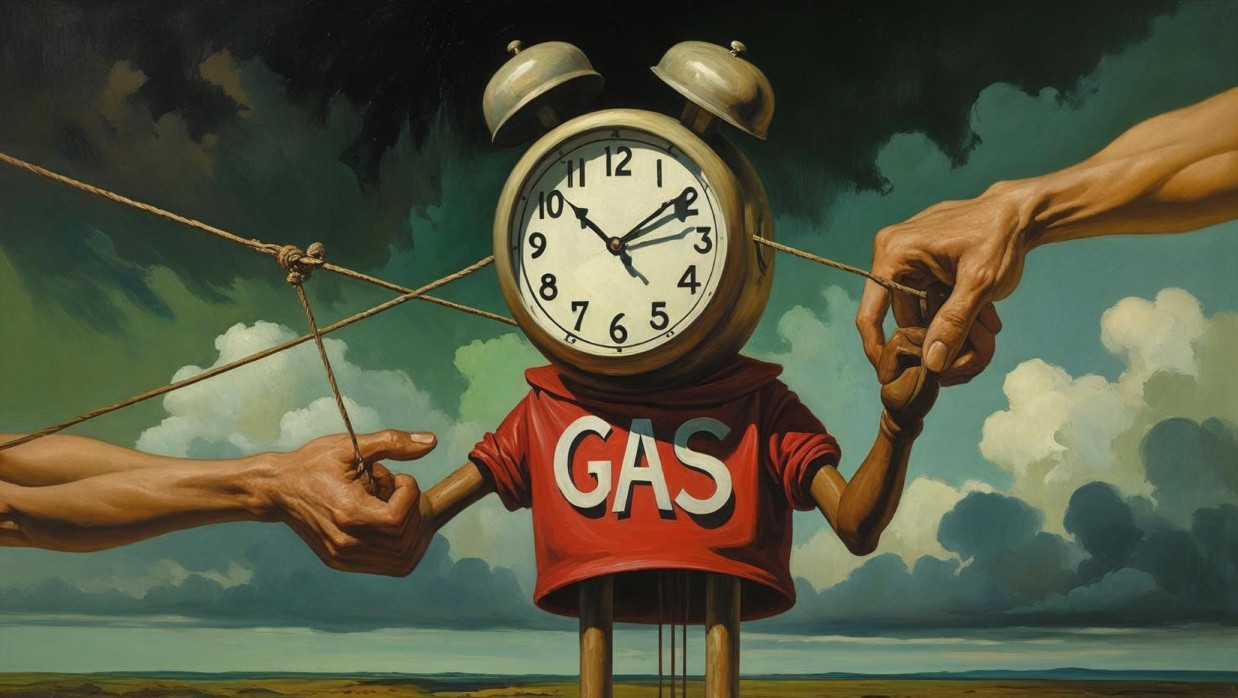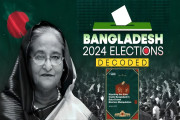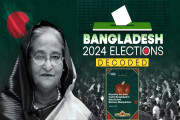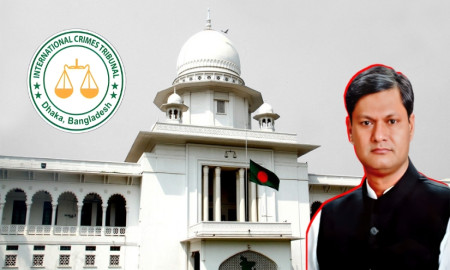Do Politicians Control Gas Prices?

It’s a common assumption: when gas prices soar, people blame the president or Congress, believing they directly control the pumps. Politicians often lean into this, promising to lower prices. But how much power do they have?
The reality is, gas prices are driven by global market forces, not political decrees. Crude oil prices, which account for about 60% of what you pay at the pump, fluctuate based on supply and demand, geopolitical events, and OPEC decisions. Refining costs, taxes, and distribution add to the mix. Presidents can release oil from the Strategic Petroleum Reserve, as seen in 2022, but this offers temporary relief at best. Policies like drilling permits or sanctions can influence long-term supply, but their impact is slow and diluted by global dynamics.
For example, in 2025, prices spiked due to Middle East tensions, not domestic policy shifts. Data from the U.S. Energy Information Administration shows no direct correlation between any single administration’s actions and pump prices. Yet, voters often attribute price swings to whoever’s in office, a misconception fueled by campaign rhetoric.
Politicians may claim credit when prices drop or dodge blame when they rise, but the truth is, their influence is limited. Assuming they control gas prices oversimplifies a complex global system and distracts from meaningful energy policy discussions.








